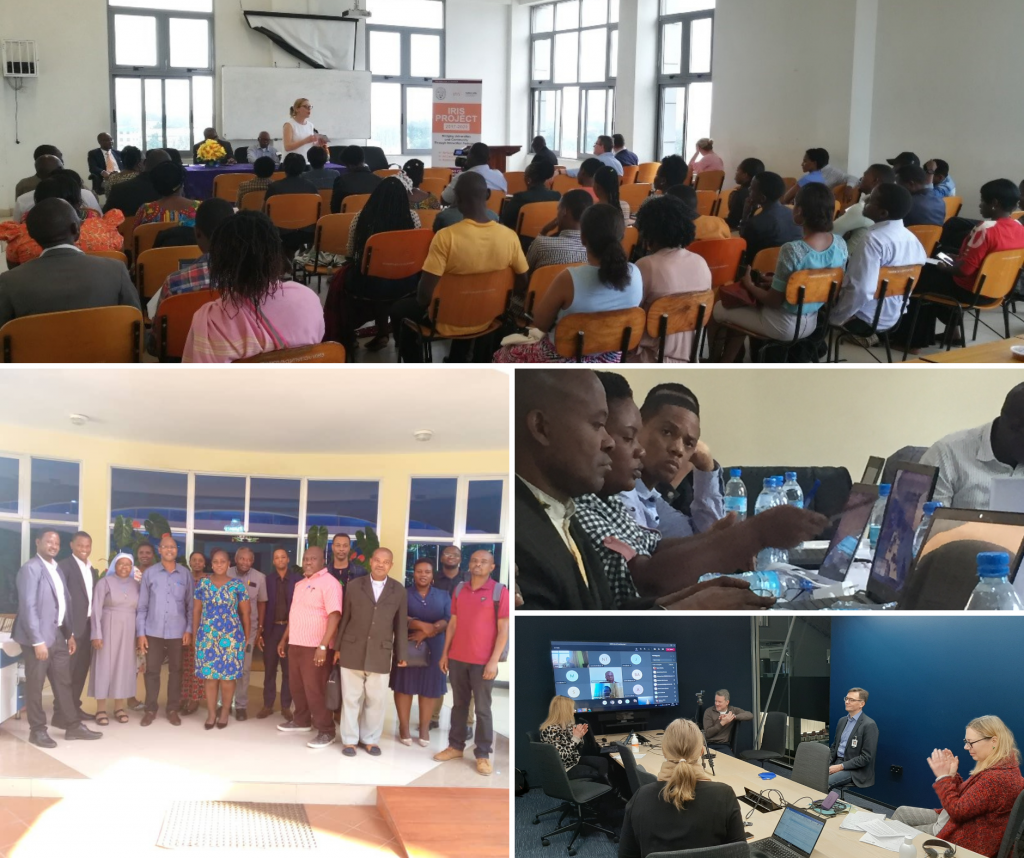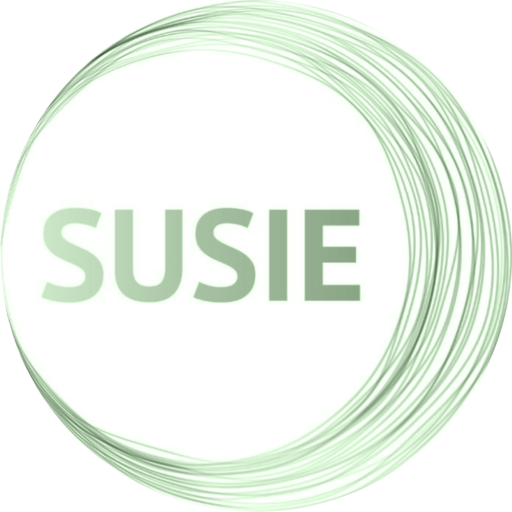SUSIE in the continuum of development projects

Opening words in the Kick-Off meeting 15 January 2021
In the 1950s, Finland was involved in the UN’s development programmes and already in 1962 started the bilateral project between Finland and Tanganyika that was the first step and ever since the cooperation has been continued. We may argue that relationships constructed 60 years ago are still remarkable and then established the ground for the current project SUSIE.
No doubt that in early projects, project teams took ambitious pioneering steps on collaboration and development work. Unfortunately, the other side was recovered afterwards, particularly regarding mutual respect and sensitivity. There is no denying that some development projects in the ’70s and ’80s were not based on the mutual understanding that had pierced the interactive planning process, proceeded to the co-creative implementing phase, transparent evaluation, and disseminated the best practices. Rather than working side-by-side and developing models to fulfil the local needs in close collaboration, the projects leaned on technical solutions, which did not suit new environments and societies. I am so sorry and want to apologize for every project that has not been able to respect original cultures and languages and follow the principals of equality and human rights. Misuse can never be justified! However, I hope you will not judge me saying in this particular context, a thank you goes to the project pioneer! Thank you for your mistakes in finances and not being able to achieve a remarkable impact. I say this because we are aware that errors and mistakes are part of the development process. Usually, instead of repeating mistakes, we learn, and we avoid the same traps. I have been involved in the planning process of the current development projects, and I know that these phases are designed in close collaboration, and they base on mutual understanding,
However, SUSIE is part of the chain that started 60 years ago, and one day SUSIE will be evaluated. Undoubtedly, evaluators and researchers will find mistakes and laugh at us: Why on earth they made decisions of that kind? Worry not, it does not matter as long as we know that we can stand behind our project, methods we used, processes we agreed, and results received. We are lucky to benefit from the variety of codes such as the United Nation’s Sustainable development goals, which guide our work. Not arguing that we manage all the goals but particularly those that emphasize education, gender equality, decent work and economic growth. Moreover, our societies, universities and professional communities have produced ethical codes we can use. Also, as human beings, we must understand the difference between doing right and doing wrong, and we should respect people as individuals, meet them equally, welcome them without prejudice and not evaluate them by appearance, social status or education
Ethical codes are the ground of SUSIE and leaning on them the partners and team members can be confident to start a joint project that requires the readiness to learn and develop, confidence to work together and optimism towards agreed aims. Project work is not easy, but it is rewarding. Sometimes it is difficult to find solutions, and we are annoyed. Still, I promise you that together we will tackle issues and receive the intended goals and even more.
Ritva Hyttinen
Project leader
